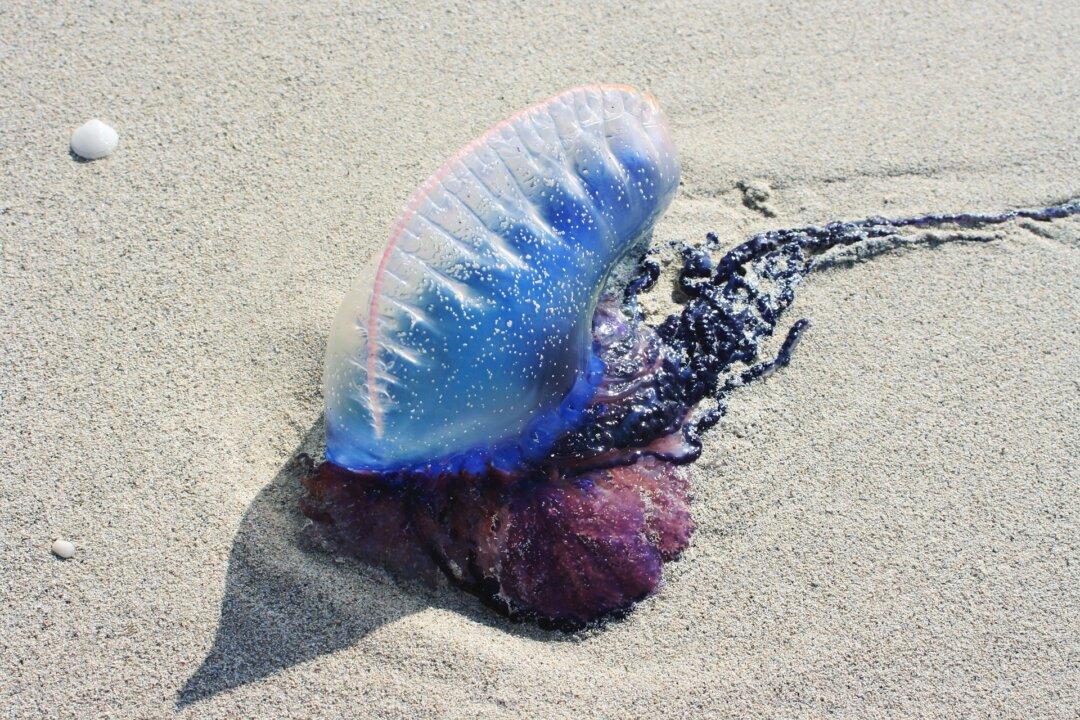The ocean is full of really strange creatures, all at different depths in the ocean. As strong ocean waves and storms stir up these waters, some of these creatures get washed up onto beaches all over the world.
Some of the creatures live at depths of 1,200 feet, in the mesopelagic zone, far beyond what a normal person has explored, or even just dived to—and vary in size from small to absolutely massive. Pictures of these deep-sea creatures (or strange-looking ones) were posted online and gained much attention from the onlookers both online and onsite.





